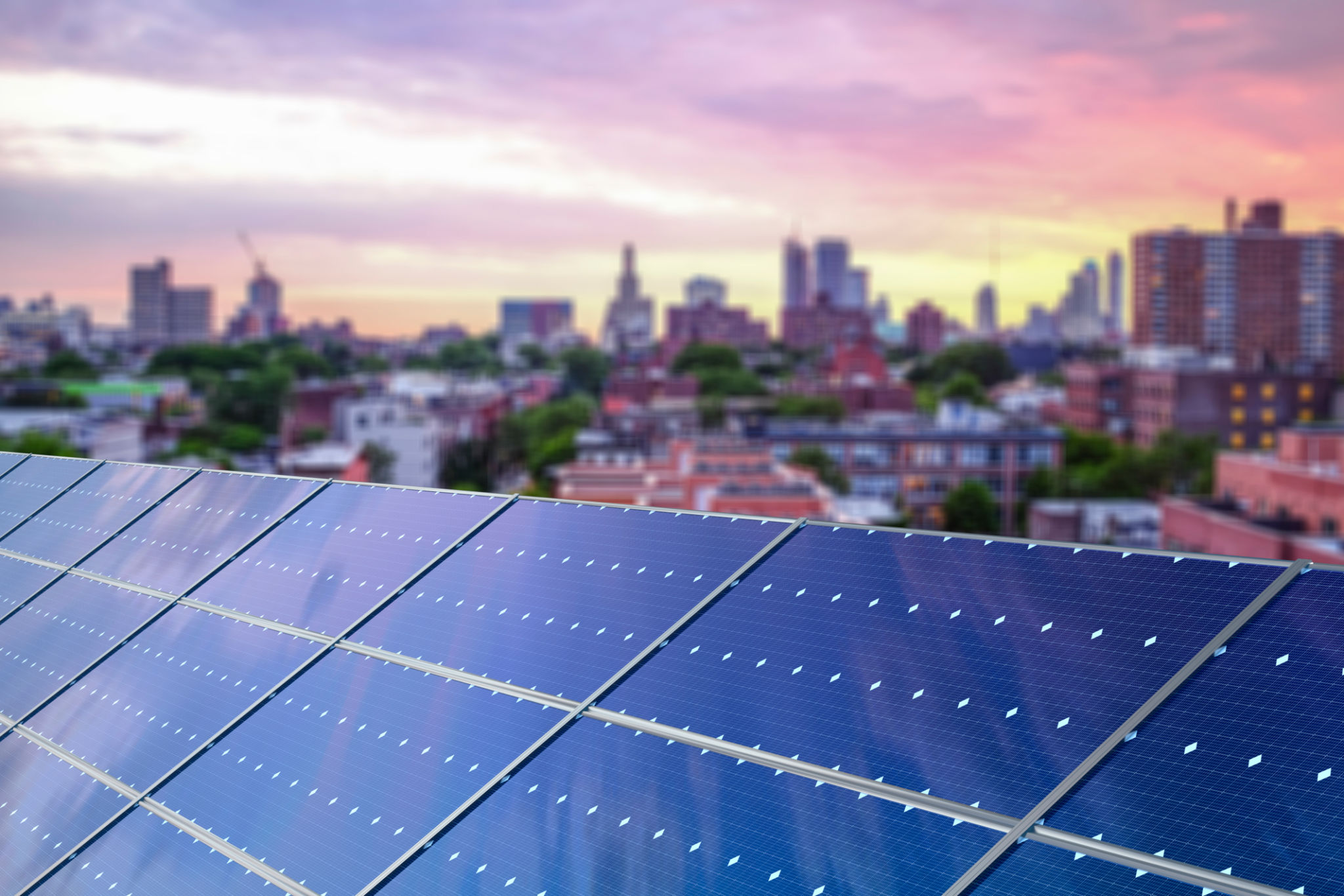The Impact of Solar Energy on Denver's Local Environment
Introduction to Solar Energy in Denver
Denver, known for its breathtaking landscapes and vibrant culture, is also making strides in embracing renewable energy sources. Among these, solar energy has emerged as a leading contender in reducing the city's carbon footprint and promoting environmental sustainability. As more residents and businesses turn to solar power, it's essential to understand the profound impact this energy source is having on Denver's local environment.

Reduction in Carbon Emissions
One of the most significant benefits of solar energy is its ability to drastically reduce carbon emissions. Traditional energy sources, such as coal and natural gas, contribute heavily to greenhouse gas emissions. By switching to solar power, Denver has the potential to cut down these emissions significantly, helping to combat climate change and improve air quality. This shift not only benefits the environment but also enhances public health by reducing pollutants that contribute to respiratory and other health issues.
Preservation of Natural Resources
Solar energy is a renewable resource, meaning it doesn't deplete natural resources or harm the environment during its production. In contrast, fossil fuels require extensive extraction processes that can damage ecosystems and deplete finite resources. By investing in solar energy, Denver is taking a step towards preserving its natural beauty and ensuring the sustainability of its resources for future generations.

Economic Benefits and Job Creation
Beyond environmental advantages, the solar industry also brings substantial economic benefits to Denver. The growth of solar energy has led to the creation of numerous jobs in installation, maintenance, and manufacturing. These jobs not only support the local economy but also provide residents with new career opportunities in a rapidly expanding field. Moreover, as solar technology becomes more affordable, it offers financial savings to households and businesses by reducing electricity bills.
Impact on Urban Heat Island Effect
Urban areas like Denver often experience the "urban heat island" effect, where temperatures are higher than surrounding rural areas due to human activities and infrastructure. Solar panels can mitigate this effect by absorbing sunlight that would otherwise contribute to heat buildup. By installing solar panels on rooftops and other structures, Denver can help to cool its urban environment, making it more comfortable for residents and reducing the need for air conditioning.

Encouraging Sustainable Practices
The adoption of solar energy in Denver serves as an inspiration for other cities aiming to become more sustainable. As more individuals and businesses witness the benefits of solar power, it encourages a broader cultural shift towards environmental responsibility. This shift can lead to increased investment in other green technologies and initiatives, fostering a community that prioritizes sustainability and environmental health.
Challenges and Future Prospects
While the benefits of solar energy are clear, there are challenges to its widespread adoption. Initial installation costs, regulatory hurdles, and the need for technological advancements can pose barriers. However, with continued support from local government policies and incentives, these challenges can be overcome. The future of solar energy in Denver looks promising, with potential for even greater environmental and economic impacts as technology advances and becomes more accessible.
In conclusion, solar energy is playing a pivotal role in shaping Denver's environmental landscape. By reducing carbon emissions, preserving natural resources, and fostering economic growth, solar power is setting a precedent for sustainable urban development. As Denver continues to embrace this renewable energy source, it not only enhances its local environment but also sets an example for cities worldwide striving for a greener future.